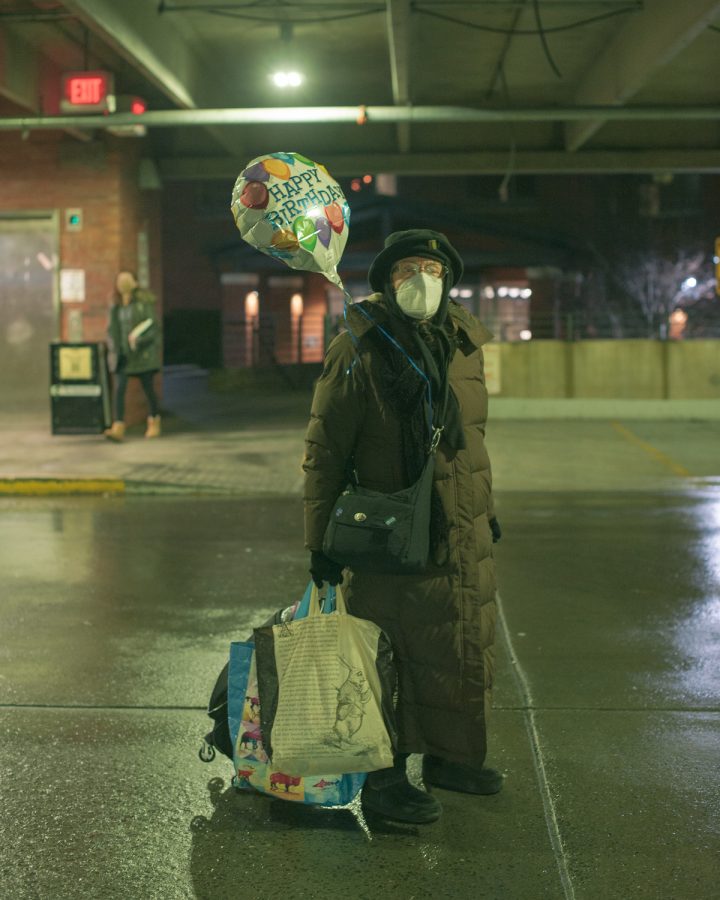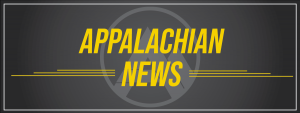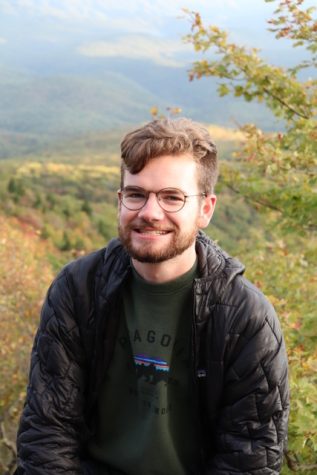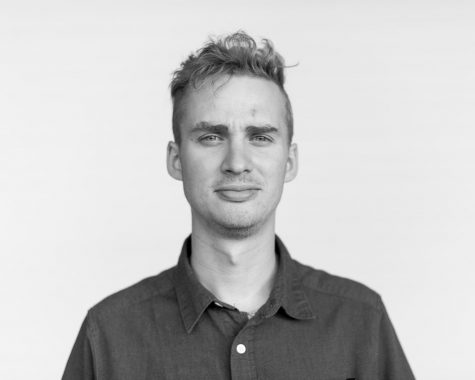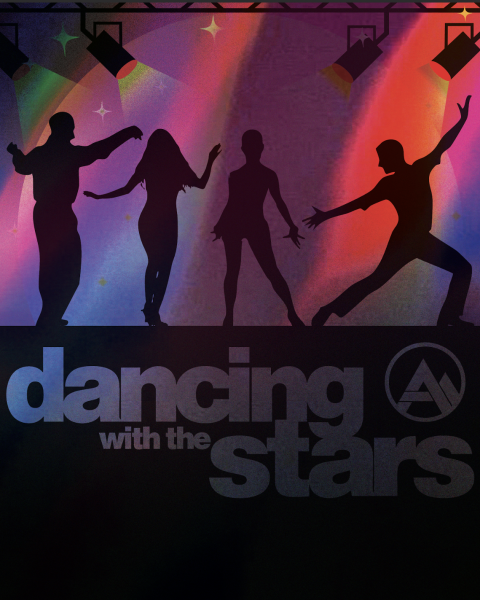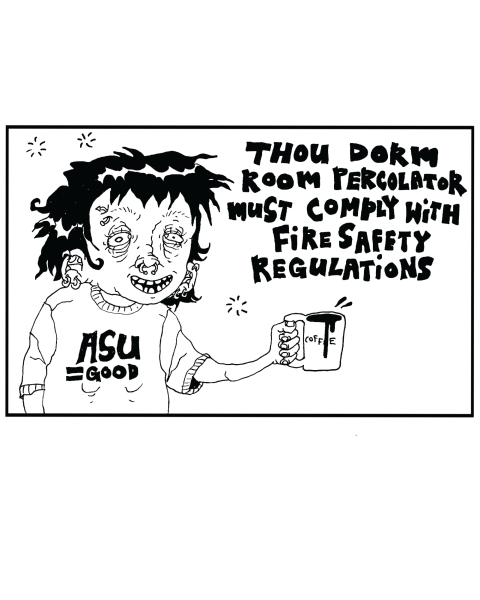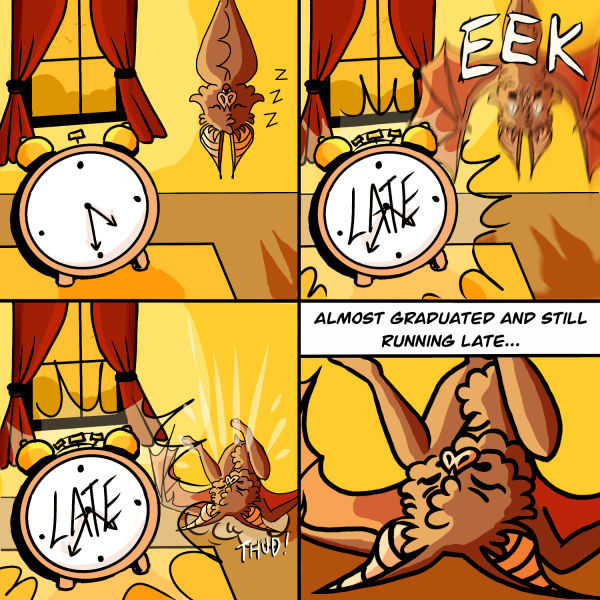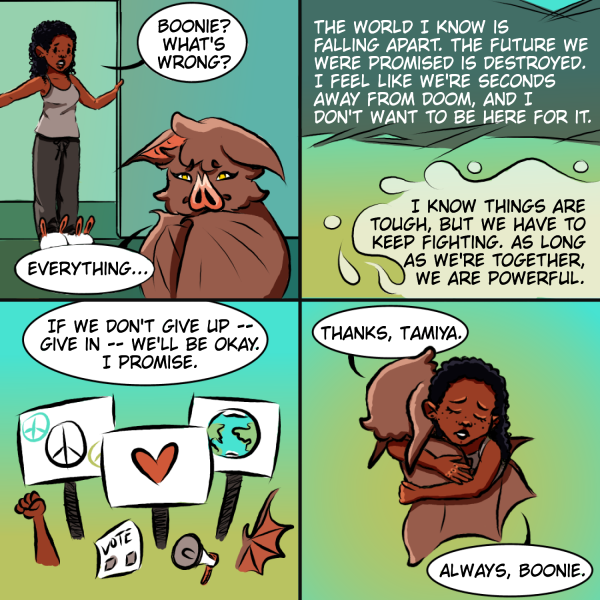Small celebrations: How one professor spreads peace during pandemic
Dr. Geri Miller, professor in the Department of Human Development and Psychological Counseling at App State, walks to her car concluding the day of work with a happy birthday balloon attached to her. “It was my birthday earlier this month,” Miller said. Miller “makes a big fuss” with her students each month to celebrate her students’ birthdays on the given month. Miller mentioned that we have to do what we can during the times of a global pandemic to keep a brighter mood.
February 4, 2021
Walking through the College Street parking deck, Dr. Geri Miller, an App State psychological counseling professor, wears a balloon around her waist. When asked about the balloon, she explains that her birthday was earlier this month, and she likes to make “a big fuss” when celebrating birthdays, especially her students’ birthdays.
It’s one of the many ways Miller encourages her students, especially during a pandemic. She celebrates not only birthdays, but anything that her students deem worth celebrating, even if it’s just coming to class despite being overwhelmed.
Now 66 years old, Miller has taught addiction counseling at App State since 1992. Reviews on RateMyProfessors.com describe her teaching style as “unorthodox.” Miller believes their reasoning is her years of experience before she began teaching.
“I was a therapist in the counseling profession from age 21 full time until I graduated from my doctoral program in 1990,” Miller said. “So, I’ve always wondered if the reason I’m ‘unorthodox’ is because I was really born and raised as a counselor, so I approach the classroom in that way.”
Miller said her passion was not what attracted her to addiction counseling, but what kept her there for 45 years.
“In dealing with addiction, by viewing it as a disease, like with any chronic disease that is fatal, I was drawn in by these professionals who were realistically hopeful about helping people,” Miller said.
Miller said that her field was welcoming in nature, and lack of experience or simply being misinformed is met not with chastising, but gentle correction and encouragement.
“If you told me, ‘Hey Geri, I’m interested in the area of addictions,’ the reaction in this field is, ‘Well, come on in,’” Miller said.
Speaking on the resiliency of counselors in her field, Miller began shedding tears.
“I just watch people work with people who are struggling with a chronic illness and not giving up, even though there were people dying of it and suffering severe consequences and they’d never give up hope,” Miller said. “They would stay with it because they believed in them. I’ve been in this field since the late ‘70s and I’m sitting here at my desk and I’m still tearing up.”
Since the pandemic began over a year ago, Miller has felt that her calling is even more critical with substance abuse on the rise due to extended isolation.
“During this pandemic, it’s critical that people get accurate information,” Miller said. “I tell my students ‘I am so happy to be talking with people about alcohol, drugs and gambling. I couldn’t think of a more honorable profession.’”
Citing her students’ learning needs, Miller has continued to hold classes in person during the pandemic, but also gives her students the option of attending via Zoom depending on their level of comfort.
“I decided that my students should have as much normal as they can,” Miller said. “Whenever ASU has been open face-to-face, number one is my safety, and number two is their learning.”
For Miller, her students’ well-being puts her most at peace. She strives to make learning as engaging as possible; in her 28 years of teaching she has never used a Microsoft PowerPoint presentation. One of her many creative teaching methods is using puppets to represent addiction patients.
Miller’s students complete a final project she calls “sober rubber duck races.” She gives students rubber ducks named after celebrities who famously fell into and recovered from an addiction. Over the semester, students construct a narrative for their duck on their road to recovery and then race them in the creek in Durham Park.
Miller mourned not being able to hold her rubber duck race in the semesters since the pandemic began. Instead, she adapted the project, mailing rubber ducks to her students and having them submit the project in video form. Miller said that videography and editing made for a lot of humor and creativity from students.
Miller also regularly checks in on her students and how they bring their personal lives into the class. Calah Faircloth, an App State graduate, took Miller’s “The Addictive Process” class in 2016.
“I had Dr. Miller during one of the toughest moments of my life,” Faircloth said. “There was a lot going on personally, and I was hitting rock bottom at that time. When I mentioned what was going on, she gave me a great big hug and told me that no matter what was going on, I could come and talk to her.”
Faircloth even kept her rubber duck from class, and it sits on her desk so she can see it every day. Inspired by Miller’s teaching, she hopes to return to school one day to get a master’s degree in counseling.
“I think she’s just done so much for the world of addictions counseling,” Faircloth said. “I know that she is so beloved at the university by her students and fellow staff members. When I was in her class, I told my friend I wanted to be her when I grew up.”
Despite immersing herself in what many might consider a dark field, for Miller, addiction counseling and equipping others in the practice is one of life’s pleasures. She wants the world to know that no one is powerless against addiction and that there are people who want to help.
“This is the main thing that I worry about in the world of addiction: If someone is caught in an addictive behavior, the biggest danger is to quit trying to quit,” Miller said. “Don’t give up, whatever. Just like if somebody has cancer, we don’t say, ‘Oh, it’s back? Don’t even bother.’ Do everything you can on your part, and we will do everything we can to help you live with this disease.”

